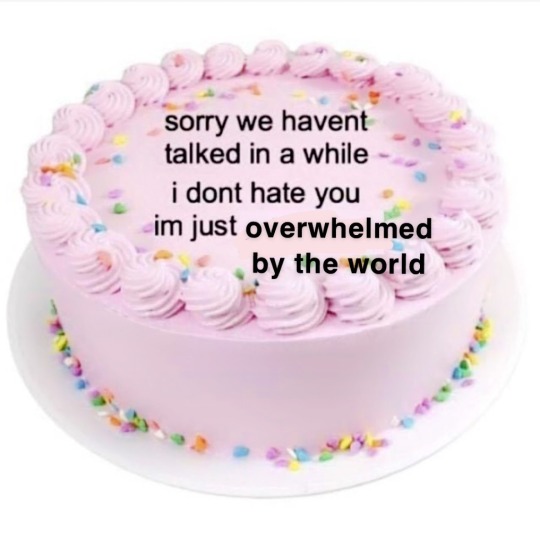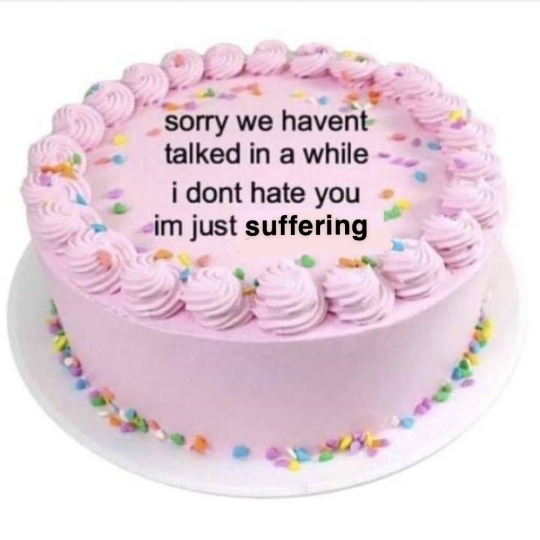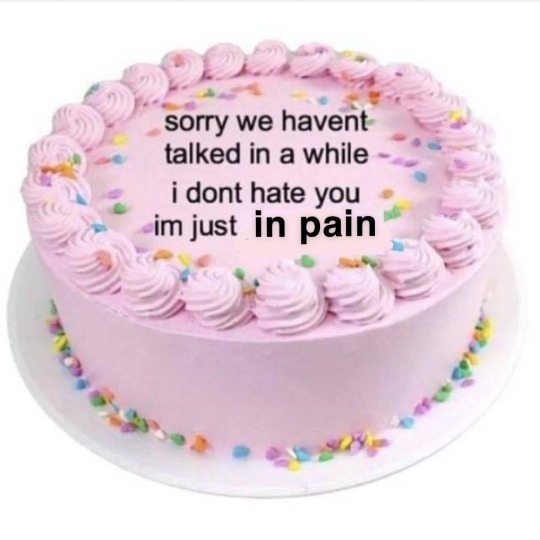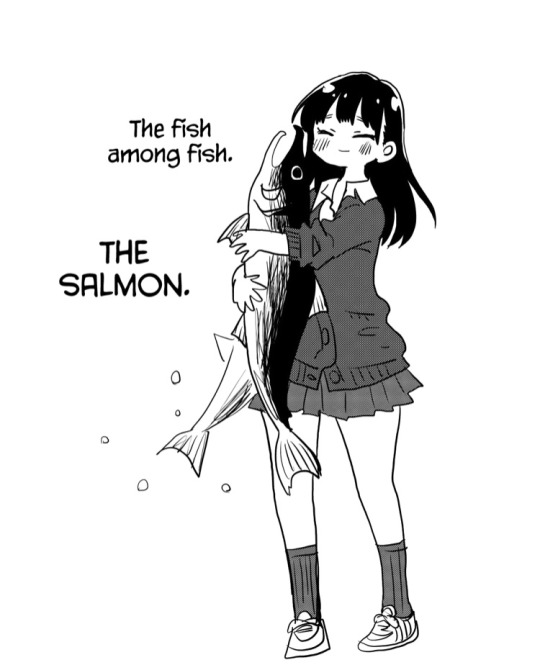neon | there used to be specific content here but it's whatever now. you are likely to find the old guard and general movie chat but who's to say. my blog, much like life itself, is full of surprises.
Don't wanna be here? Send us removal request.
Text
If you see this you’re legally obligated to reblog and tag with the book you’re currently reading
365K notes
·
View notes
Text

Made stickersssss
13 notes
·
View notes
Text







STRAUME (FLOW) 2024 | dir. Gints Zilbalodis
3K notes
·
View notes
Text
6K notes
·
View notes
Text
An Incomplete Yet Somewhat Sufficient Guide to Writing Fiction Based in the UK
As many of you know, I am an American who lives and studies in London. I thought I’d make a little general rules list about aspects of UK culture which I feel are misrepresented quite often when I read fiction written by someone who’s never experienced life here. So here it goes, every American fiction writers’ incomplete yet somewhat sufficient guide to writing fiction based in the UK.
KNOW YOUR SUPERMARKETS. Tesco isn’t the only one. Tesco and Sainsbury’s are the two most popular, like Safeway, Albertson’s, or Kroger. M&S and Waitrose are where the posh white people shop. Everything is over-priced; the American equivalent would be Whole Foods (which the UK has but is not nearly as common). Then there’s Morrison’s and Co-Op which are both good but not as popular as Tesco or Sainsbury’s. And then you have the discount supermarkets like Lidl and Aldi, where everything is off-branded so the prices are lower. And of course there’s ASDA which is Wal-Mart only smaller and not as terrifying.
In the UK, pants = underwear. I thought this would be quite known but I still see the mistake all the time? Jeans and trousers, folks!
Accents are hugely different from one another. First you have to learn the distinction between Irish, Scottish, Welsh, Northern Irish, and English. Then from there you have all the regional accents. And accents are classed and racialised as well. A middle class white person raised in West London is going to have a completely different accent from a working class PoC raised in East London, even though they may live within 15 miles of each other. If you want to really impress readers, study different types of accents and incorporate them into your dialogue, it makes things much more interesting (think Hagrid from Harry Potter).
Pubs are also classed. There are old white working class pubs that don’t do food (besides maybe crisp packets), are always showing greyhound or horse racing, and still smell of cigarette smoke. Only locals go here, and they usually go pretty much every night. Like the Winchester from Shaun of the Dead. And then you have the hipster pubs, which are expensive and do fancy food. The people working at these pubs usually look pretty cool—dyed hair, piercings, that stuff—but there probably aren’t any ‘regulars’ who come there every day.
Wetherspoon’s is the backbone of society. Wetherspoon’s (or Spoons) is a chain pub that’s pretty much in every damn post code. It’s cheap as shit and beloved by many. You can get a huge cocktail pitcher for under £10, and you can guarantee you’ll get wasted pretty quickly cause they’re full of sugar and have a high alcohol content.
Drinking culture in general is quite different from the US. People start drinking at about age 15/16, and it’s legal to drink at 18. Kids drink WKD (which is like Mike’s Hard Lemonade I think??? I’ve never actually had it but it seems like it’s on the same tier), Smirnoff Ice, Malibu, and cheap fruity wine (Echo Falls, Hardy’s, Blossom Hill, Kumala, and Gallo Family are the usual brands).
Drunk food consists of: fried chicken, chips (+cheese, salt and vinegar, gravy, or curry, depending on the region), kebabs, pizza from a shop with bad graphic design, microwaveable burgers. You can also get delivery from a lot of restaurants, and they bring it right to your house. Indian, pizza, and Chinese are the most common.
Speaking of food, it’s hard to find good Mexican food in the UK. There’s Wahaca but it’s spendy as it’s a sit-down restaurant and it kind of only exists in touristy and gentrified areas. You won’t have any luck finding cheap, authentic street tacos the way you would in Southern California. There also isn’t really any fast food Mexican (although there are a handful of Taco Bells splattered around the country). I’m sure there are some trendy areas which are bringing in Mexican street food in London, but let’s be real, it’s probably not authentic and is also probably stupidly over-priced. I’m getting off topic, sorry.
Nando’s is also the backbone of society. They do grilled chicken there, ranging from mild (but still seasoned) to burn your tonsils off spicy. There’s stuff for vegetarians too, like portobello mushroom and halloumi (a type of cheese you grill—it’s amazing and difficult to find in the US without spending an obscene amount of money) wraps which are incredible. Nando’s is usually packed and they play really fun Spanish/Portuguese/South African music which is really fun when you’re drunk and in the toilets. 10/10, perfect for a cheeky night out with the lads. The kind of place Gryffindors probably love (I’m sorry I keep using Harry Potter references)
You don’t ‘sign for the check’ in the UK. Almost every credit/debit card in the UK has a chip, and you put it in the chip and pin machine, type in your pin, and voila! You’ve paid! It’s actually much more secure than signing, honestly, the amount of times I’ve just scribbled my signature in a US shop and they’ve accepted it without even checking is appalling.
Public transport is actually good in most cities. Buses are common everywhere, and bigger cities like Manchester, London, Birmingham, Glasgow, etc all have some sort of mass rail system, whether that’s a subway, tram, lightrail, whatever. Also nearly everywhere (even the tiny villages!) at least has a train station. It may be tiny as shit and trains may not go through very often, but they do exist.
All schools have uniforms.
Infant school = preschool, primary school = elementary school, secondary school = middle school/half of high school, further education (6th Form) = second half of high school, uni = college. The first two and last one are pretty self explanatory. At 16, you take your GCSEs, and after that, you’re not required to continue school, but many go to further education and take A Levels, which are like the pre-requisite for uni (although you can get into uni without A Levels, this is quite rare). Most take 2-3 subjects for A-Levels, but I think you can take more if you have a death wish (kind of like AP classes for us Americans). Here’s a good link for people who want to know more about the UK education system: https://www.internationalstudent.com/study_uk/education_system/
No one says “What’s up?” Instead, it’s “Alright?” which is confusing at first, but you get used to it. An example greeting between two friends: ‘Hey mate, alright?’ ‘Yeah, you alright?’ And that’s it.
Religion is different. I actually know very little about religion so I can’t offer a whole lot of insight on this, but I’ve had a lot of people tell me it’s very different. If anyone wants to have their input here, that would be lovely!
Houses don’t have yards, they have gardens. This is mostly just a terminology thing to be honest.
Speaking of terminology, use ‘pavement’ instead of ‘sidewalk’. Obviously people aren’t stupid, they’ll know what you mean if you say sidewalk, but still, gotta stay authentic for the plot.
House layouts in general are very different. Houses are either terraced (town houses in the US), semi-detached (duplex in the US), or detached (typical US house). Terraced are most common in big cities, and most houses are made of brick. Take some time to research different architecture styles (Victorian, Edwardian, Georgian, 60s), the differences between them become quite apparent when you do a bit of looking.
There are also a variety of apartment/flat styles. Old period properties are often divided up into flats, and there are also purpose-built blocks of flats, which is like a US apartment complex. There are also luxury flats, which I think we call condominiums in the US. They’re all really modern and have lots of glass.
Since the entire country is so damn tiny, long roadtrips aren’t really a thing. It’s more like, you drive somewhere to go camping, like Cornwall or Devon (basically Florida for British people).
Holidays to warm places are quite common. South of France, Greece, Portugal, and Spain and some of the usual destinations. You usually fly to these places on budget flights like Easy Jet or Ryan Air, unless you’re rich, then you probably take British Airways.
Stop signs don’t exist. No, I’m serious. If the intersection (or crossroads) is big enough, there’ll be traffic lights or a roundabout. But other than that, you just have to be careful. Which is generally okay, because people in the UK can actually drive.
No one refers to a section of street as a block. Cities in the UK aren’t really set up in a grid the way US cities are. Streets are kind of weird and curvy and don’t make sense, so saying ‘it’s two blocks that way!’ doesn’t really work. Instead, write about distance in terms of vague relation: ‘It’s just up that road a bit, past the M&S, then left at the The King’s Head pub’.
London, in general, is a fucking huge city. You can’t walk across the whole thing in a day. Hell, you can barely drive across the whole thing in a day. Big Ben and Tower Bridge are 2.5 miles apart from each other. I know, it was a shocker for me too when I first got here! Take a look at a map of London and you’ll see what I mean. It is possible to do most of Westminster in a day, but that would be a very full day and you wouldn’t get to really see anything in-depth. And most people live very far away from these landmarks. So keep that in mind next time you have a character who lives in London saying they can hear Big Ben chime from their flat. That character must have a lot of money.
This is a really short list and I’ve probably barely even made a DENT so if anyone else has something to add, please do so! And please reblog this to boost it to your followers! Thank you my pals, have a good day, and KEEP WRITING!
#sorry this is mostly true but like. what the hell do you mean stop signs don't exist#they do? we have them? i don't know if it's LESS than the us but they absolutely exist
8K notes
·
View notes
Text
not being productive or relaxing but a secret third thing
183K notes
·
View notes
Text

Which one is closest to yours? Mine is like 6ish-7ish.
7K notes
·
View notes
Text








Made these about a month ago, figured other spoonies might want to use them
67K notes
·
View notes
Text
the cons of being employed are having to go to my job. the pros of being employed are flow 2024 limited edition 4k ultra hd blu ray
#my paycheck Little Treat i caved and bought myself yesterday to give myself the emotional strength to go to work#im exaggerating for comedy i do love my job it's very fun. but at the same time. it's Testing me#neon has thoughts#movie tag
4 notes
·
View notes
Text
Tumblr is super big on the "I didn't say it was good, I said I liked it" but really need to discover the value in its opposite of "I didn't say it was bad, I said I hated it".
You can acknowledge that something is good, great, a masterpiece even, and just straight-up not enjoy it.
54K notes
·
View notes
Text
[listening to a band i like] fuuuck i think i like this band or something
1K notes
·
View notes
Text
sometimes men are obsessed with other men not because theyre secretly gay but because theyre so misogynistic that they literally dont view women as people worthy of any degree of attention or value
#many movies are like this#not necessarily homoerotic due to intentional queer coding but more due to sheer misogyny
28K notes
·
View notes



